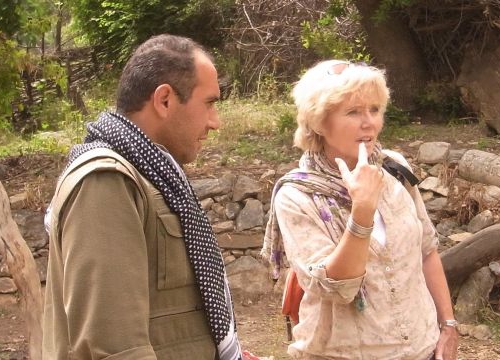Utility and Limits of International Law for Protecting Persons Affected by Armed Conflict
Event


Geneva Call
In this opening lecture of the 2018–2019 academic year, Elisabeth Decrey Warner will share her experience, as Co-Founder and Former Executive President of Geneva Call, of promoting respect of international humanitarian law by armed non-state actors (ANSAs).
She will notably discuss the utility of international law, not only in light of its substance but also of its implementation and respect by the international community. Starting from the Geneva Call’s ground-breaking approach to develop an inclusive process towards ANSAs, she will also highlight that the limits of international law are not engraved in stone but are in our minds, habits, or fears to develop and invent new ideas.
About Elisabeth Decrey Warner
Elisabeth Decrey Warner co-founded Geneva Call in 1998 and served as its Executive President until joining the Board in 2018 as its Honorary President. Prior to this, she has been working with several NGOs on issues related to refugees, disarmament and humanitarian norms. She was also a member of the Parliament of the Republic and Canton of Geneva for 12 years and was elected its President in 2000.
She has been recognized internationally for her outstanding contribution to peace. She was nominated for Switzerland as one of 1000 Women for the Nobel Peace Prize in 2005. Among her many awards, she received the highest recognition in France, Chevalier de la Légion d’Honneur, an Honorary Doctorate by the University of Geneva and the Hessian Peace Prize in Germany.
She is currently an Associate Fellow at the Geneva Centre for Security Policy (GCSP).








